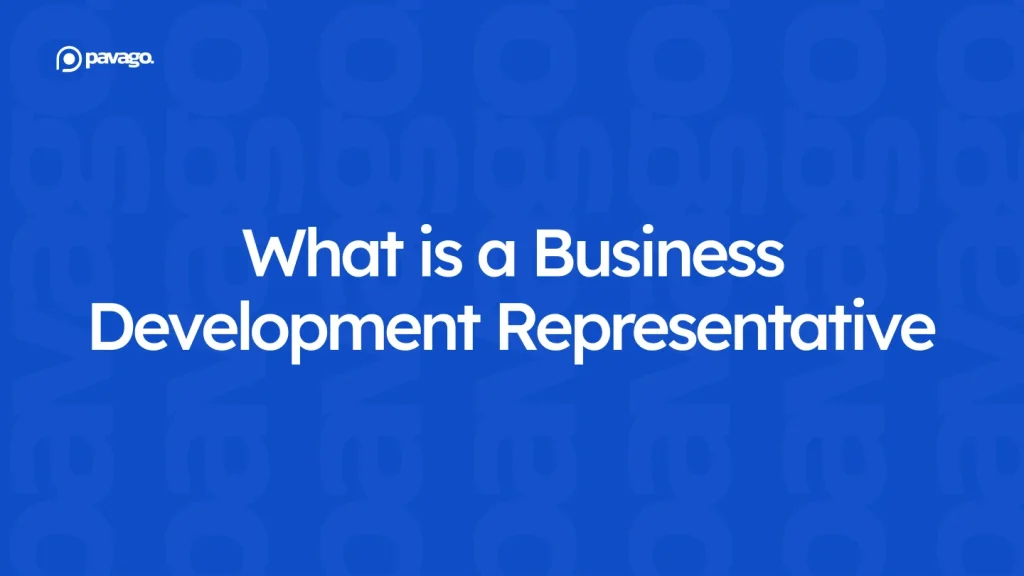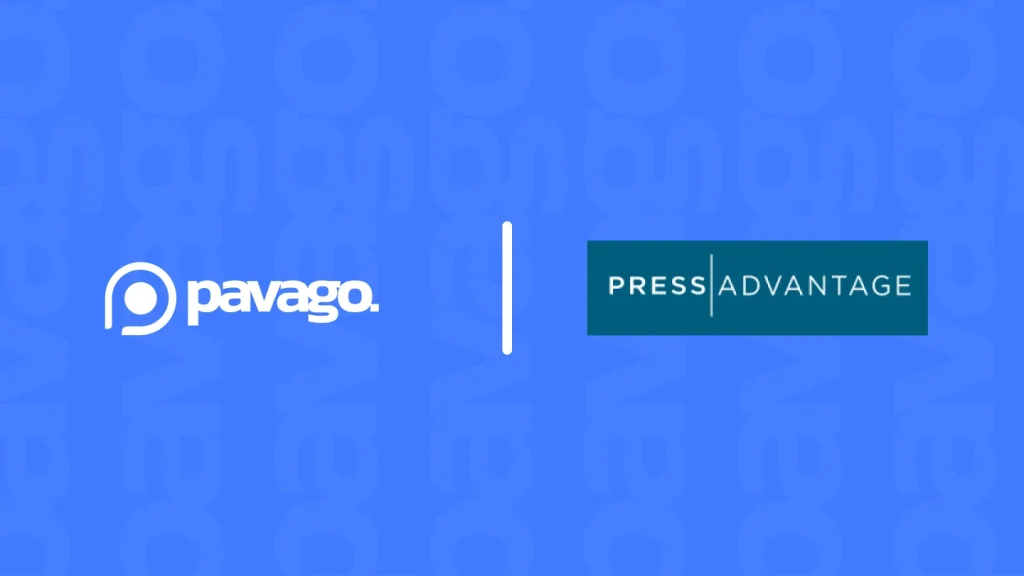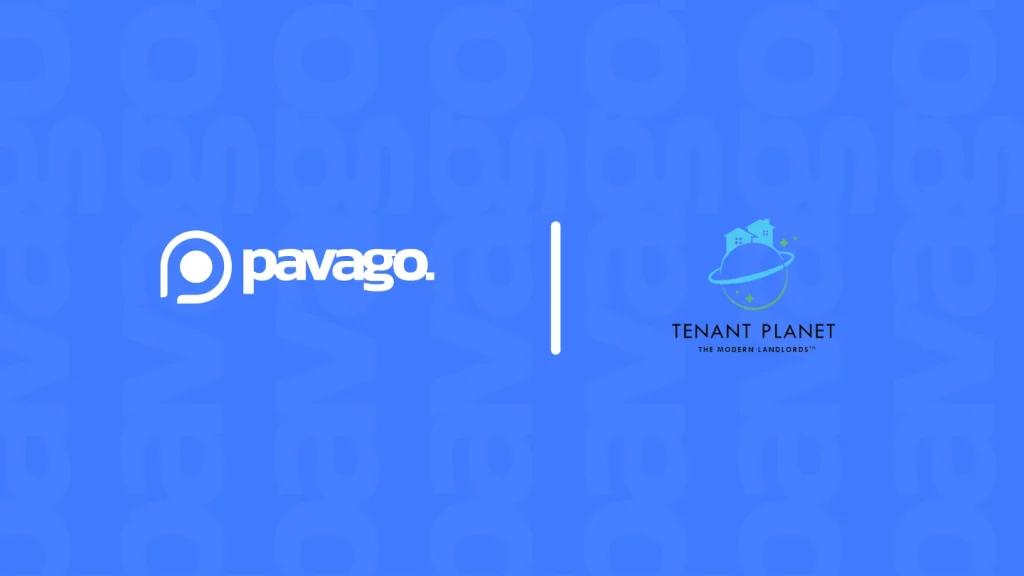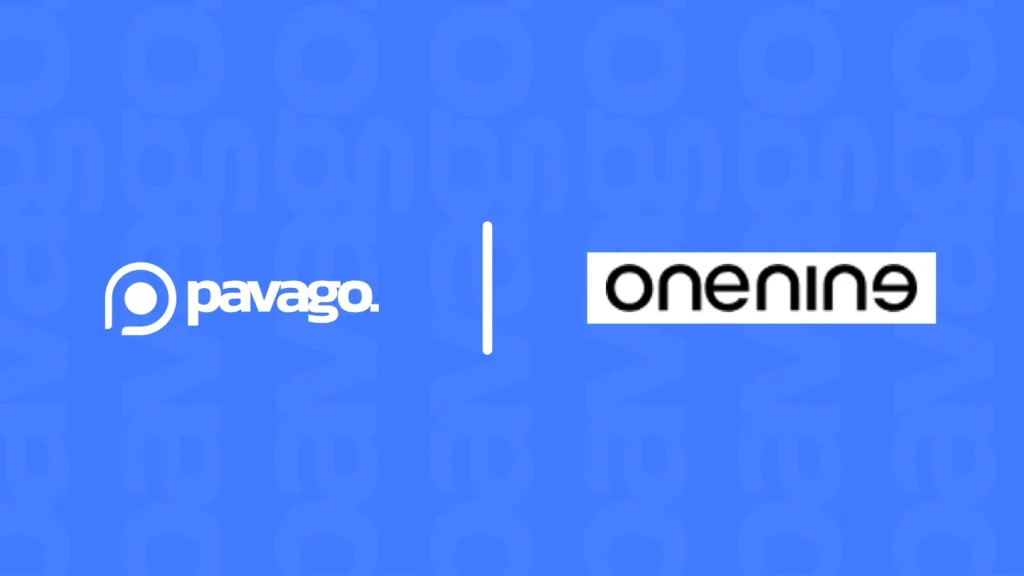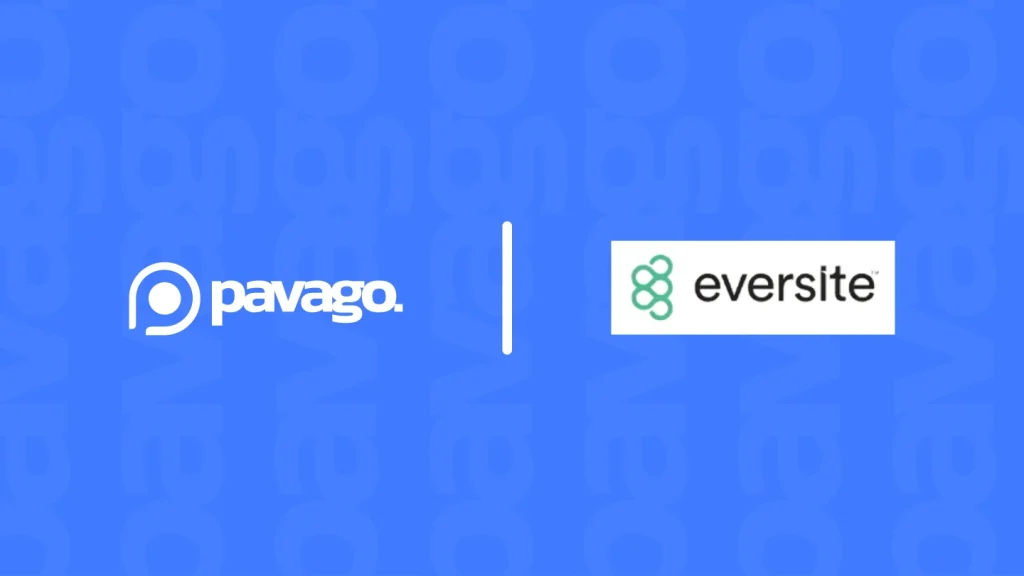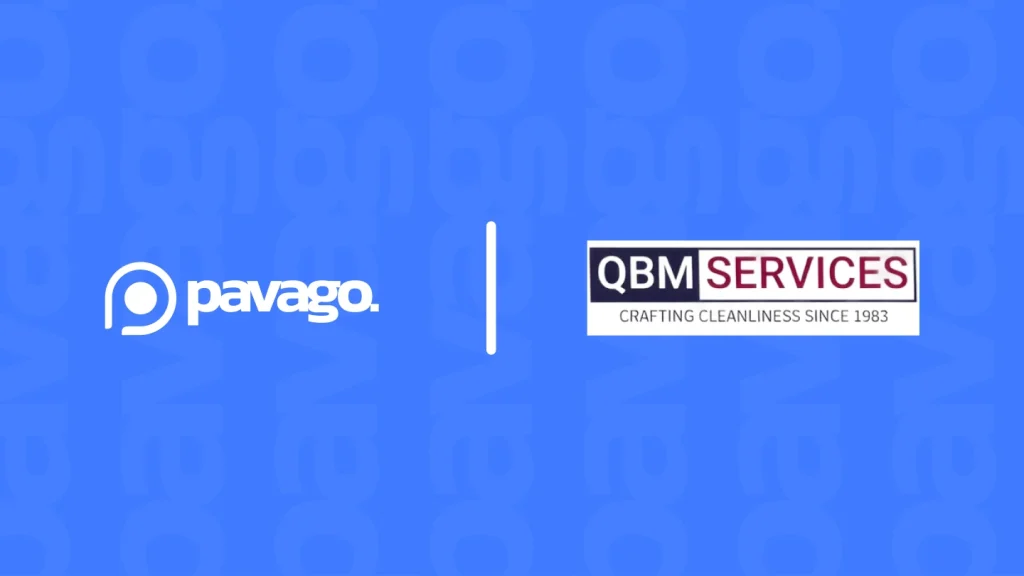If you’re running a growing business, you’ve likely heard the term “BDR” tossed around in sales meetings. But what exactly does a Business Development Representative do, and why are they critical to boosting your sales?
Let’s break it down in simple terms: Business Development Representatives are the hunters of your sales team. Their skills not only stick to cold calls but also drive new opportunities, create long-term business value, and ensure your sales pipeline stays full. In other words, they’re the engine behind your growth strategy.
Here’s everything you need to know about what is a business development representative, what makes a BDR tick, why they’re essential, and how to make the most of this role.
What is a Business Development Representative (BDR)?
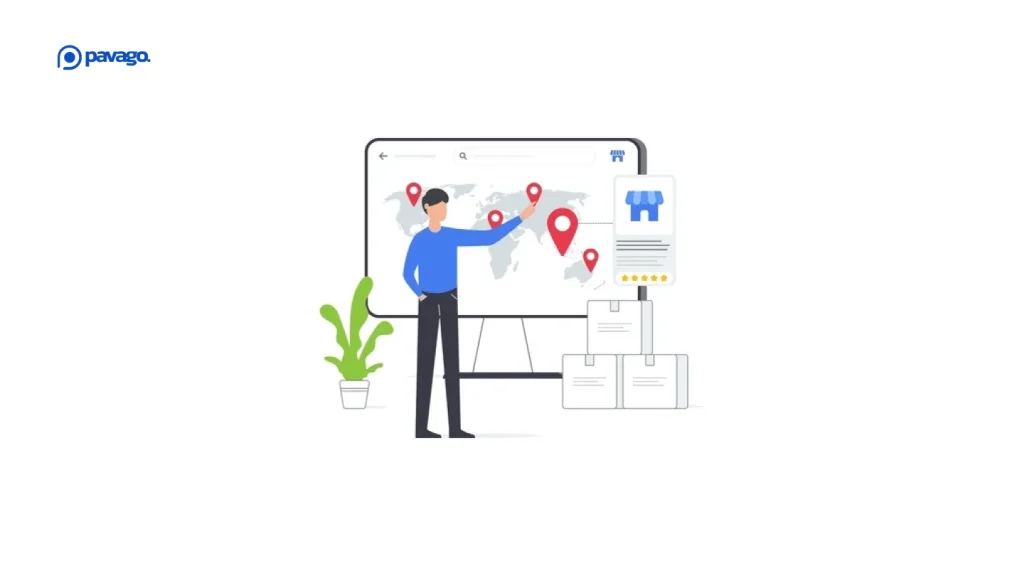
A Business Development Representative (BDR) is a key player in your sales team and is responsible for finding and creating new business opportunities. Unlike traditional sales roles, a sales BDR focuses on long-term growth and relationship-building rather than immediate deal closures. Their primary job is to fill the sales pipeline with high-quality leads, ensuring that the sales team can focus on converting these opportunities into revenue.
BDRs are particularly vital for businesses looking to expand their reach, explore new markets, and build strategic partnerships. By identifying potential clients, nurturing relationships, and aligning their efforts with broader business goals, BDRs lay the foundation for sustainable growth.
BDR vs SDR: What’s the Difference?
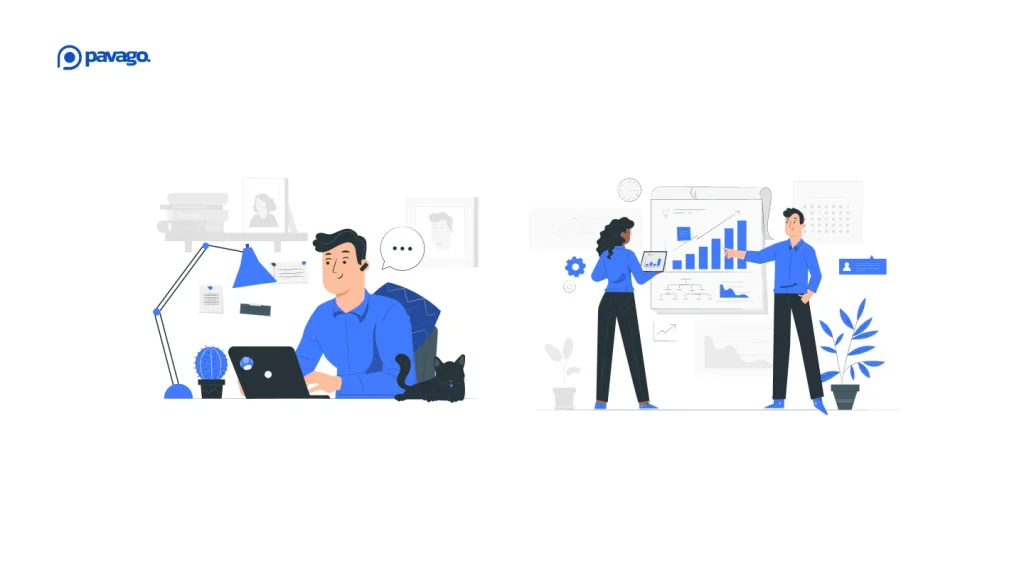
While both Business Development Representatives (BDRs) and Sales Development Representatives (SDRs) focus on lead generation, their roles differ significantly:
Sales BDRs focus on outbound strategies, such as cold calling, networking, and identifying new markets. They aim to generate new opportunities by reaching out to prospects who may not yet be aware of your business.
SDRs typically handle inbound leads, qualifying prospects who have already expressed interest in your product or service. Their job is to determine whether these leads are ready for the next stage in the sales process.
if you compare the roles of SDR vs BDR in a nutshell, BDRs are hunters, actively seeking out opportunities, while SDRs are farmers, nurturing leads that have already entered the funnel.
What Does a Business Development Representative Do?
The role of a BDR is multifaceted, combining research, strategy, and execution to drive new business opportunities. Here’s a detailed breakdown of their core responsibilities:
Conducting Research
Research is the backbone of a Business Development Representative job. They analyze market trends, competitor strategies, and customer needs to identify untapped opportunities. This research helps them craft targeted outreach campaigns and position your business as a solution to specific pain points.
Example: If a competitor is struggling with customer retention, a BDR might highlight how your product can improve loyalty and reduce churn during their outreach.
Developing Growth Opportunities
BDRs are always on the lookout for ways to grow your business. This includes identifying potential partnerships, exploring new markets, and uncovering opportunities to upsell or cross-sell to existing clients.
By collaborating with outsourced sales teams, marketing, and product teams, BDRs create strategies that align with your business objectives.
Experimenting With Strategies
Success doesn’t come from a one-size-fits-all approach. Business development representatives frequently experiment with new outreach techniques, messaging styles, and engagement strategies to see what works best.
Whether it’s A/B testing cold email templates or trying a new approach to LinkedIn prospecting, their goal is to optimize results.
Cross-Departmental Management
A BDR often acts as a bridge between departments, ensuring alignment across remote sales staff. For instance, they might work with marketing to refine lead-generation campaigns or collaborate with product teams to tailor offerings for specific markets. This cross-functional approach ensures that everyone is working toward the same goals.
Partnership Management and Relationship Development
Building strong relationships with stakeholders—whether they’re distributors, vendors, or clients—is a critical part of a BDR’s role. They identify potential partners, negotiate mutually beneficial agreements, and maintain ongoing relationships that contribute to your company’s success.
Data Analysis
BDRs rely on data to refine their strategies and measure their effectiveness. By analyzing metrics such as response rates, lead conversion rates, and campaign performance, they can identify what’s working and what needs improvement. This data-driven approach ensures continuous optimization.
Improve Your Sales Process
BDRs don’t just find leads—they make your entire sales process more effective. By providing detailed insights into customer needs and market dynamics, they help your sales team focus on high-value opportunities. This alignment leads to better closing rates and more efficient use of resources.
How Do Business Development Representatives Provide Value to the Business?
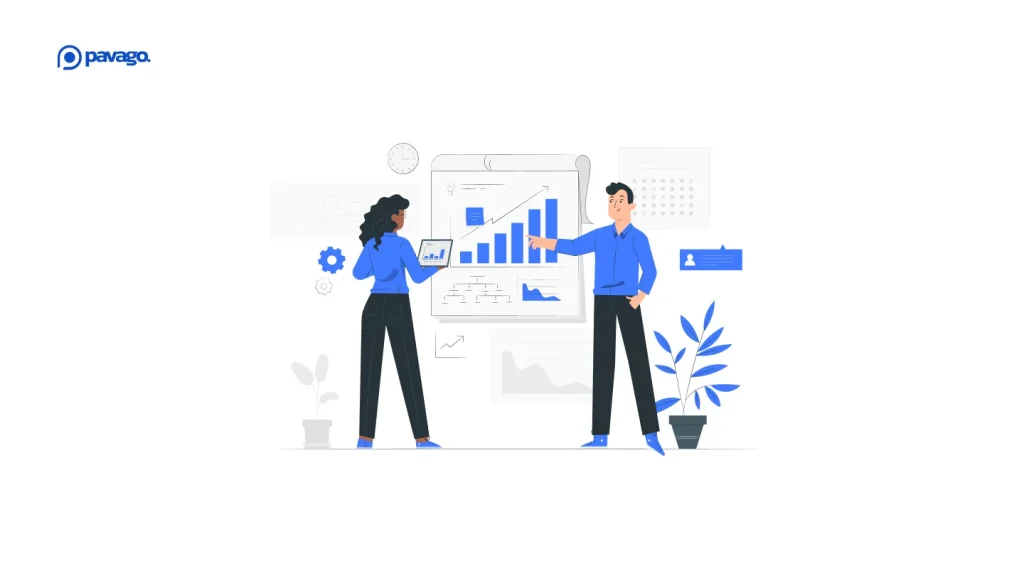
BDRs play a vital role in driving growth and ensuring long-term success. Here’s how they add value:
- They Open Doors: BDRs expand your company’s reach and help you tap into new markets by identifying and reaching out to new prospects
- They Build Relationships: Strong partnerships lead to better opportunities. BDRs ensure these relationships are nurtured and maintained.
- They Drive Efficiency: With their research and data analysis, BDRs streamline your sales process, enabling your team to focus on the most promising leads.
How to Measure the Success of Your Sales BDR Team?

To ensure your BDR team is delivering value, track key performance indicators (KPIs) such as:
- Number of qualified leads generated
- Conversion rates from outreach to meeting
- Revenue attributed to BDR-generated leads
- Regularly reviewing these metrics helps you identify areas for improvement and maximize your BDR team’s impact.
Key BDR Skills and Qualifications

A great BDR possesses a unique combination of skills. Here are the top qualifications to look for:
- Communication Skills: BDRs must articulate ideas clearly and persuasively, whether they’re crafting emails or pitching over the phone.
- Research Abilities: They should excel at digging into market trends and customer data to uncover opportunities.
- Resilience: Rejection is part of the job. A successful BDR has the persistence to keep going, even when faced with setbacks.
- Collaboration: They need to work seamlessly with other departments to execute strategies effectively.
Business Development Representative Job Description
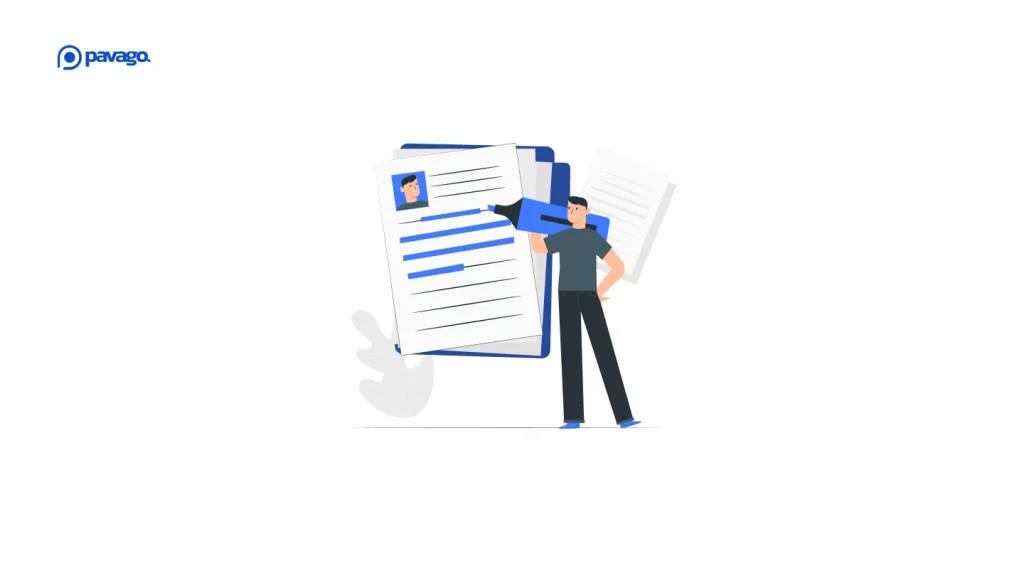
A typical BDR job description includes responsibilities such as:
- Generating qualified leads through outbound outreach
- Conducting market research to identify new opportunities
- Collaborating with sales and marketing teams
- Maintaining detailed records of prospect interactions
The Tools Every Business Development Representative Needs in 2026
A BDR without tools is like a chef without knives. To do their job effectively, they need a tech stack that helps them prospect, engage, and analyze. According to Taskdrive, 57% of sales experts spend 3 to over 10 hours per week using CRM tools. When they have mobile access to CRM, 24% more sales experts meet their annual quotas.
Here are some of the must-have tools:
CRM Software: Platforms like Salesforce and HubSpot help BDRs manage relationships and track interactions.
Prospecting Tools: LinkedIn Sales Navigator and Apollo make it easier to find and research leads.
Engagement Platforms: Tools like Outreach.io or SalesLoft streamline and personalize multi-channel outreach.
Call and Meeting Analytics: Platforms like Gong or Chorus provide insights into how prospects are engaging with outreach efforts.
Help Your BDRs by Investing in a High-Powered CRM
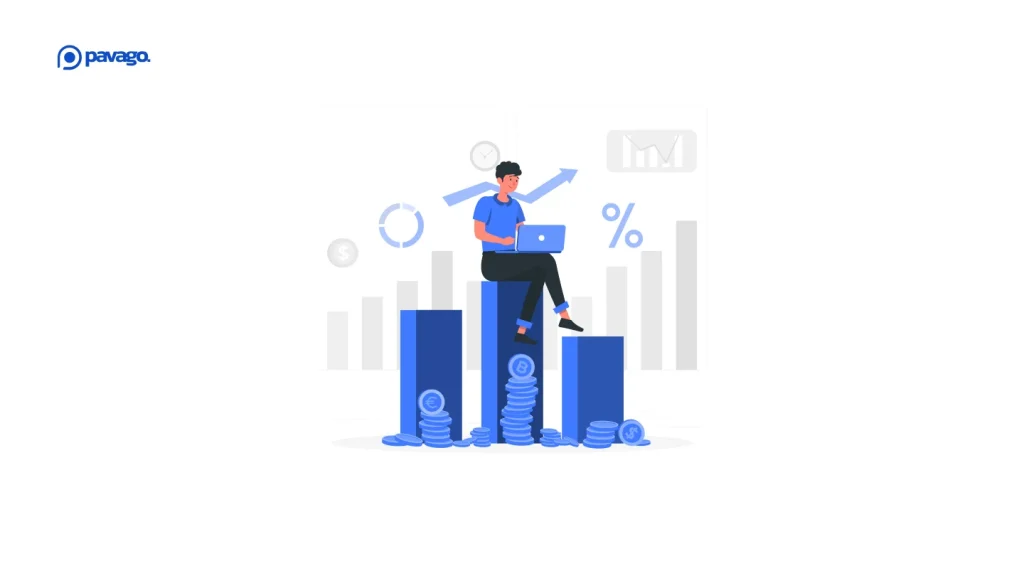
To maximize your BDR team’s efficiency, provide them with tools that streamline their work. A high-powered CRM can help them track leads, manage outreach campaigns, and analyze performance data—all in one place.
1. Streamline Lead Management
A robust CRM system provides BDRs with a centralized platform to manage all leads effectively. It automates lead capture from multiple sources—such as website forms, email campaigns, and social media—ensuring no opportunity slips through the cracks.
According to Salesforce, businesses using a CRM can increase lead conversion rates by up to 30%, showcasing its importance in maximizing sales potential.
2. Enhance Data Visibility
High-powered CRMs offer detailed insights into lead behavior, engagement history, and buying intent. This enables BDRs to prioritize high-value leads and personalize their outreach strategies. Tools like HubSpot and Salesforce allow reps to track where leads are in the sales funnel, improving efficiency and focus.
Example: ReadyCloud reports that implementing the right CRM system can enhance team productivity by 50% or more
3. Automate Tedious Tasks
BDRs often spend a significant portion of their time on repetitive tasks like data entry, scheduling follow-ups, and sending reminders. Advanced CRMs, such as Zoho or Pipedrive, can automate these processes, freeing up time for BDRs to focus on what they do best—engaging with prospects and building relationships.
Key Benefit: Automating tasks through a CRM can reduce administrative workload by up to 20%, enabling BDRs to allocate more time to high-priority activities.
4. Improve Collaboration Across Teams
A CRM acts as a centralized hub for communication, making it easier for BDRs to collaborate with sales reps, marketing teams, and other departments. Features like shared notes, pipeline views, and team dashboards keep everyone on the same page, reducing miscommunication and delays.
Companies with strong sales and marketing alignment achieved 208% higher marketing revenue, according to a study by Marketo. CRMs play a pivotal role in bridging this gap.
5. Track Performance Metrics
Tracking key performance indicators (KPIs) is essential for understanding your BDRs’ effectiveness. CRMs provide detailed analytics and reporting capabilities, enabling managers to identify strengths, address weaknesses, and provide targeted coaching.
Research by CSO Insights shows that companies using analytics-powered CRMs see a 24% increase in forecast accuracy, helping teams make data-driven decisions.
Why Pavago Is Your Ideal Partner for Hiring BDRs
At Pavago, we specialize in sourcing the top 1% of BDR talent from across the globe, including regions like Pakistan, Latin America, South Africa, and Malaysia. Our rigorous vetting process ensures you only get candidates who are skilled, driven, and ready to help your business grow.
Here’s what sets us apart:
1. Hire Top 1% Remote SalesTalent
Finding BDRs who are great at prospecting and experts in building relationships takes time and resources. Pavago connects you with highly skilled sales professionals who excel in:
- Generating qualified leads
- Managing complex sales pipelines
- Building and nurturing long-term client relationships
We ensure that the BDRs you hire through us are proficient in modern tools and strategies, making them invaluable assets to your sales team.
2. Significant Cost Savings
Hiring locally can strain your budget, especially for small to medium-sized businesses. Hiring remote BDRs through Pavago can cut recruitment costs by up to 70% without compromising on quality.
Our transparent pricing model eliminates surprises, giving you top-tier talent at a fraction of the cost.
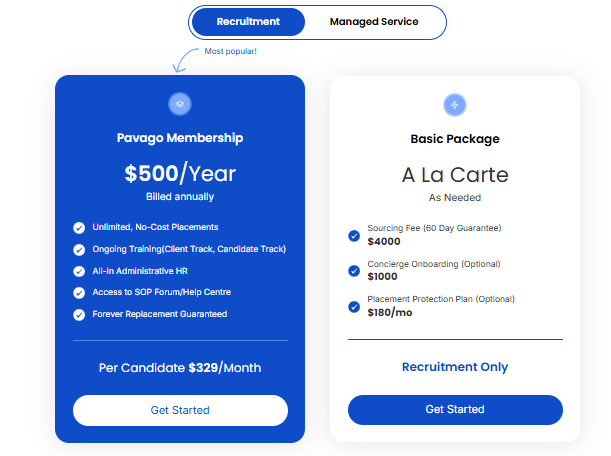
3. Tailored Recruitment Process
Every business is unique, and so are its hiring needs. At Pavago, we work closely with you to understand your goals, challenges, and company culture. This allows us to handpick BDRs who align perfectly with your vision and fit seamlessly into your team.
4. Speed and Efficiency
We know time is of the essence. Pavago’s streamlined hiring process ensures you can onboard a top-notch BDR within 2-3 weeks. Our dedicated hiring team handles everything—from sourcing and screening to onboarding and compliance—saving you time and effort.
5. Full-Time Support and Compliance
Navigating legal and operational hurdles when hiring remote business development representatives can be daunting. With Pavago, you don’t have to worry about compliance issues or administrative headaches. We handle:
- Legal compliance
- Payroll management
- Ongoing employee support
This allows you to focus on what matters most—growing your business.
6. Proven Track Record of Success
Pavago has already helped numerous businesses scale their sales teams with exceptional BDRs. From startups to established enterprises, our clients have seen measurable results, including increased revenue, improved lead conversion rates, and streamlined sales processes.
